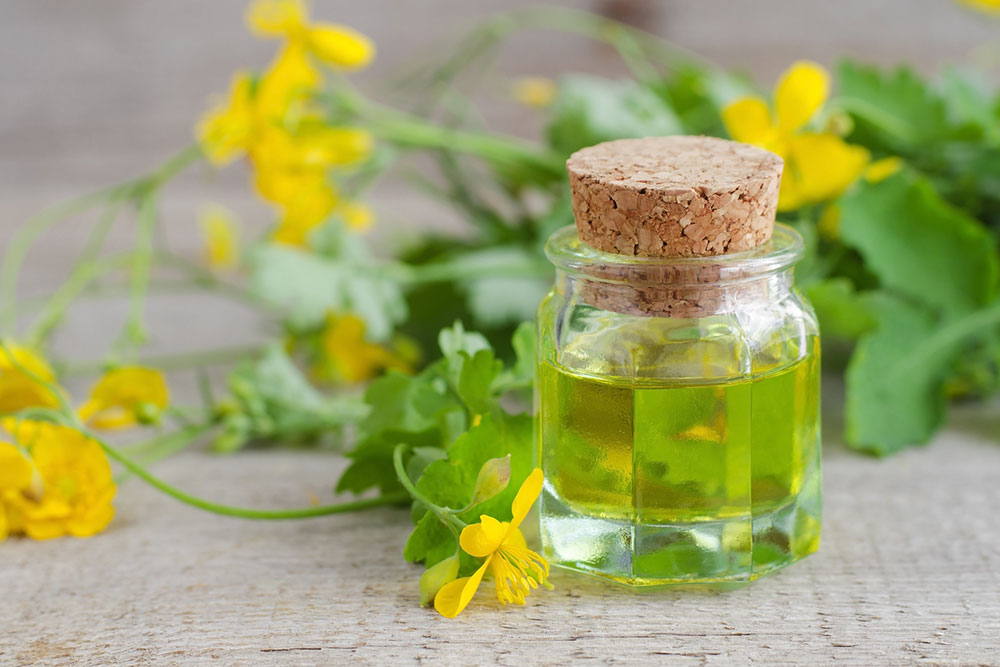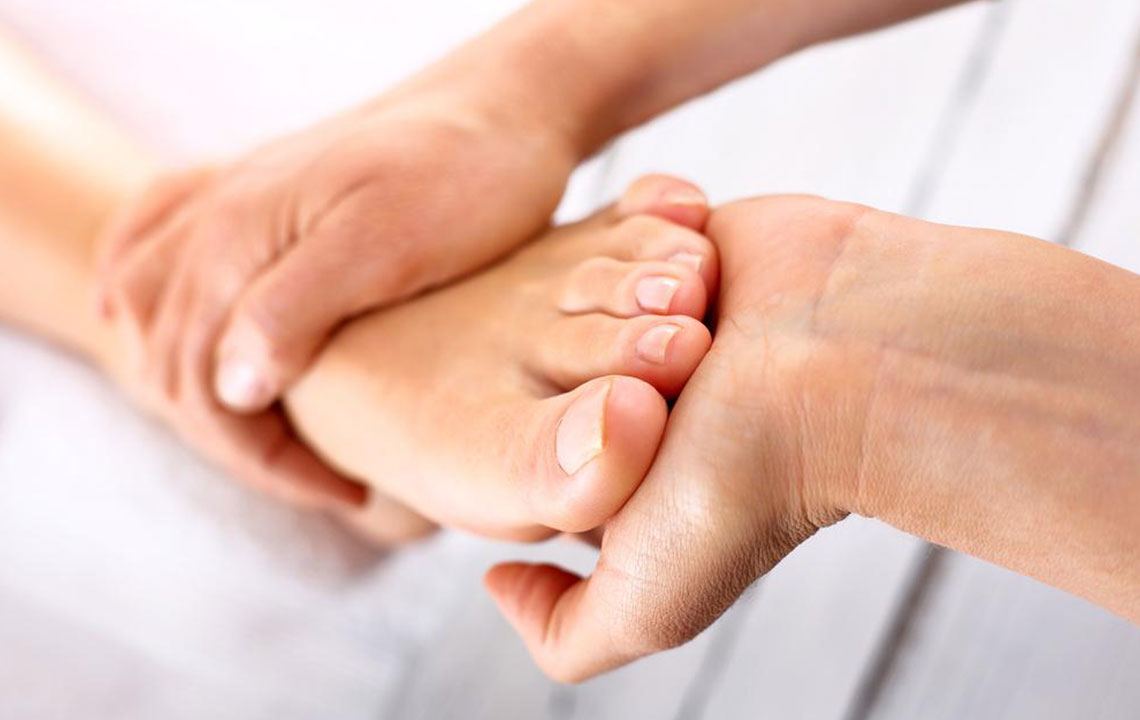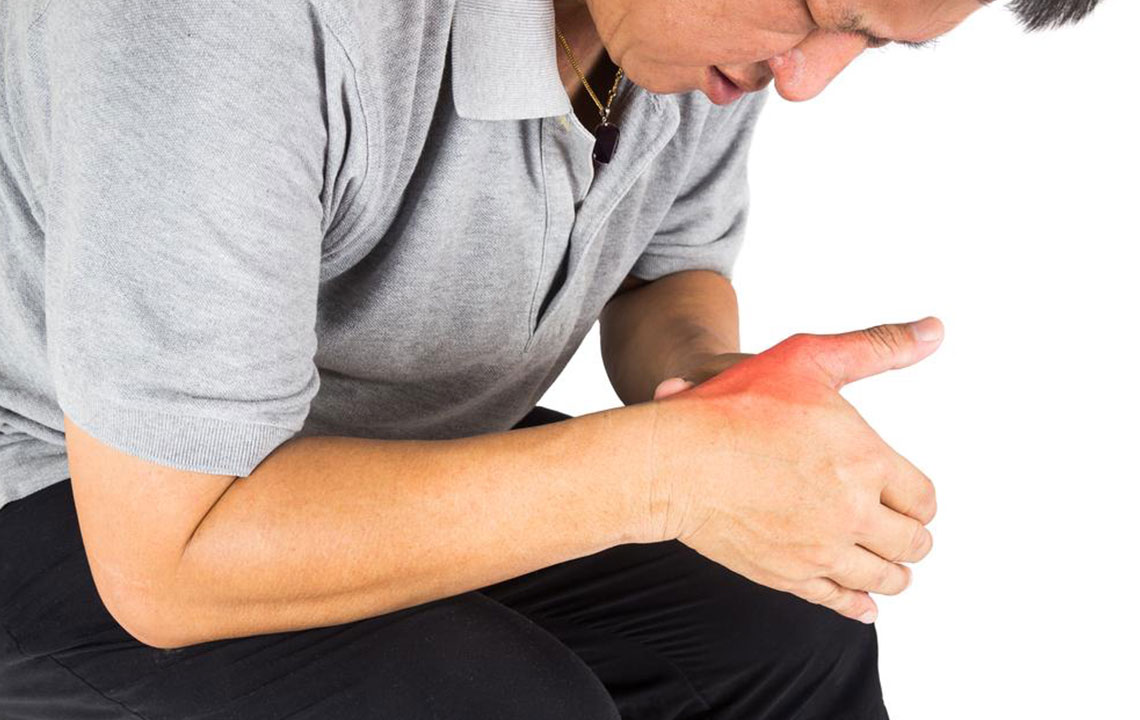Comprehensive Guide to Naturally Relieve Muscle Pain and Discomfort
This comprehensive guide explores effective natural methods and home remedies to relieve muscle pain and discomfort. From cold and heat therapy to massages and hydration, learn how to manage muscle soreness effectively and promote faster recovery without medication dependency. Perfect for athletes, fitness lovers, or anyone experiencing muscle discomfort, these strategies support overall muscle health and wellness.

Comprehensive Strategies to Alleviate Muscle Pain and Discomfort Naturally
Muscle discomfort, medically known as myalgia, affects countless individuals due to various factors such as strenuous workouts, physical labor, injuries, or everyday movements. It’s a universal experience that can range from mild soreness to severe pain, often interfering with daily activities and overall quality of life. Understanding effective methods to manage and relieve muscle pain is essential for maintaining physical wellness and ensuring speedy recovery from discomfort.
This comprehensive guide will explore a variety of proven strategies—ranging from immediate relief techniques to preventive measures—that can help you soothe muscle soreness efficiently. Whether you're an athlete, a worker, or simply someone experiencing occasional muscle tension, the following detailed approaches will aid you in alleviating discomfort and promoting muscle health.
Effective Techniques to Combat Muscle Discomfort
Applying Cold Therapy with Ice Packs
Cold therapy remains one of the most effective initial responses to muscle injuries, sprains, or inflammation. Applying an ice pack can significantly reduce swelling, inflammation, and pain in affected muscles. Here are some guidelines for optimal cold therapy:
Wrap an ice pack or a bag of frozen peas in a thin cloth or towel to prevent direct contact that could damage the skin.
Place the wrapped ice pack onto the sore area for 10 to 15 minutes at a time.
Repeat the application every 1 to 2 hours during the first 24-48 hours after injury or onset of soreness.
Avoid applying cold for more than 15 minutes continuously to prevent frostbite or tissue damage.
Always ensure a barrier between the ice pack and skin to distribute cold evenly and protect delicate skin tissues.
Utilizing Heat for Relaxation and Relief
Once the initial inflammation subsides, applying heat can help relax tense muscles, improve blood flow, and reduce stiffness. Heat therapy is particularly beneficial for chronic muscle tension, spasms, or soreness that persists beyond 48 hours. Here's how to effectively use heat:
Use a warm cloth, heating pad, or hot water bottle on the affected area for 10 to 15 minutes.
Ensure the heat source is warm but not hot enough to cause burns. Use a towel as a buffer if necessary.
Allow your skin to rest after each session to avoid overheating or burns.
If a heating pad isn't available, a warm moist towel or a warm water soak can be a good substitute.
Be cautious: in some cases, heat can exacerbate inflammation, so monitor your symptoms and switch to cold therapy if necessary.
Topical Solutions for Immediate Pain Relief
Over-the-counter topical analgesics can provide fast relief from muscle soreness. These creams or gels often contain active ingredients designed to reduce pain and inflammation. When selecting topical remedies, look for options with these effective compounds:
Capsaicin – derived from chili peppers, it helps block pain signals and reduce inflammation.
Arnica Montana – a herbal extract known for its anti-inflammatory and pain-relieving properties.
Menthol and Camphor – both have cooling effects that soothe sore muscles and increase blood flow.
Apply the topical product directly onto the affected area according to the manufacturer's instructions, usually several times daily. Always wash your hands afterward and avoid applying to broken or irritated skin.
Rest and Recovery
Adequate rest is fundamental for muscle recovery. Overexertion without sufficient rest can worsen soreness and delay healing. Practical tips include:
Limit strenuous activities and avoid heavy lifting during periods of muscle discomfort.
Prioritize sleep to facilitate natural healing processes.
Use gentle stretches and mobility exercises to prevent stiffness without overexerting muscles.
Hydration for Muscle Health
Proper hydration plays a crucial role in muscle function and recovery. Muscles consist of approximately 75% water, and dehydration can increase soreness and cramping. To stay well-hydrated:
Drink at least 8 to 12 glasses of water daily, especially after physical exertion.
Include electrolyte-rich drinks if you've engaged in intense exercise or sweating heavily.
Avoid excessive caffeine and alcohol consumption, which can contribute to dehydration.
Relaxing Epsom Salt Baths
Soaking in a warm bath infused with Epsom salts is a time-honored remedy for muscle soreness. The magnesium sulfate in Epsom salts helps relax muscles, reduce swelling, and alleviate discomfort. Here's how to prepare a beneficial bath:
Fill a tub with warm water and add 1-2 cups of Epsom salts.
Soak in the bath for 15-20 minutes, ensuring the water temperature remains comfortably warm.
Avoid prolonged baths to prevent dehydration; follow up with hydration.
Massage and Essential Oils for Soreness Relief
Gentle massage with essential oils can stimulate blood flow, decrease muscle tension, and promote healing. Popular essential oils for muscle relief include lavender, peppermint, lemongrass, and chamomile. To maximize benefits:
Mix a few drops of your chosen essential oil with a carrier oil like coconut or olive oil.
Gently massage the mixture onto sore muscles using circular motions.
Engage in light massage sessions to avoid over-stimulation or discomfort.
Over-the-Counter Pain Medications
Non-prescription medications such as acetaminophen or nonsteroidal anti-inflammatory drugs (NSAIDs) like ibuprofen can help reduce muscle pain and inflammation. Always adhere to dosage instructions and consult your healthcare provider before use, especially if you have underlying health conditions or are taking other medications.
Seeking Medical Attention
While muscle soreness is often minor and manageable at home, certain situations warrant professional consultation:
Pain persists or worsens despite using home remedies.
Accompanying symptoms such as rash, swelling, or severe tenderness.
High fever alongside muscle discomfort.
Pain following a recent injury, trauma, or bite.
Signs of infection or systemic illness.
Understanding when to seek medical help ensures appropriate treatment and prevents complications. Persistent or severe muscle pain may require further investigation to rule out underlying issues such as infections, neurological conditions, or systemic diseases.





